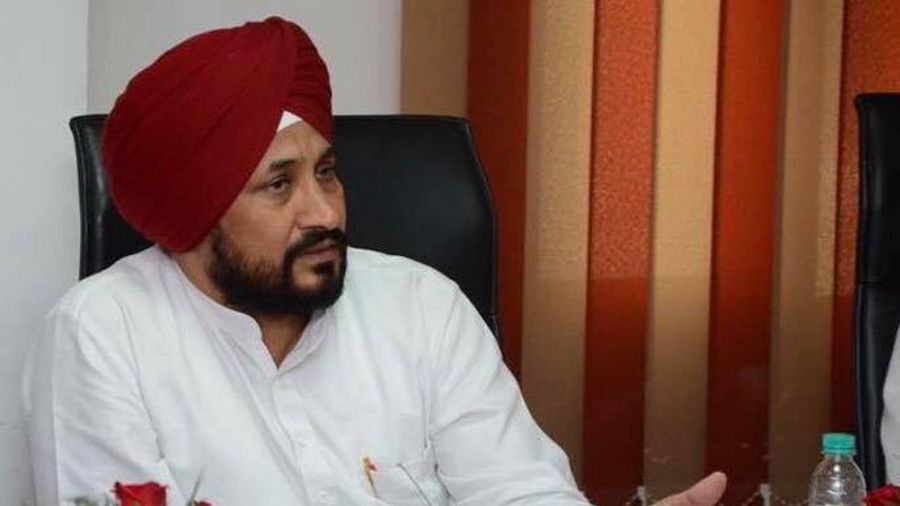Charanjit Singh Channi’s anointment as chief minister of Punjab has come amidst heartburn that is characteristic of the Congress. Indeed, the party was left with egg on its face when a senior leader proclaimed that the assembly elections — they are only months away — would be fought under the leadership of Navjot Singh Sidhu, whose fractious ties with Amarinder Singh led to the change of guard in the first place. The factionalism notwithstanding, Mr Channi’s appointment seems politically prudent. Dalits are an important electoral constituency in poll-bound Punjab: they make up over 30 per cent of the population in 54 assembly seats and between 20-30 per cent in another 45. By appointing Punjab’s first ever Dalit chief minister, the Congress is hoping to send the correct signals to the under-represented community. But a favourable response from Dalit voters may not be enough to secure Mr Channi’s — and the Congress’s — political futures. The new chief minister may have begun his innings by announcing sops for the poor and farmers but he is confronted with steep challenges, foremost among which would be the Congress’s ability to mobilize and balance the interests of other castes along with those of Dalit Sikhs and Hindus. It remains to be seen how the non-Dalit Hindu and Sikh voters respond to Mr Channi’s elevation. The change of guard in Punjab may have ramifications in the power hierarchy in the handful of other states where the Congress is in power. If this were to come to pass, the Congress high command would have to embark on a fine balancing act, given the presence of entrenched and conflicting interest groups in the party rank and file. One more inference can be drawn in this context. It seems that the high command has suddenly rediscovered the will to confront charismatic regional leaders among whom Mr Singh was the most prominent. Mr Channi’s change in fortune could be seen as one more chapter in the fat tome of tussle between the high command and regional satraps of the Congress.
The irony, though, operates at two levels. First, political parties continue to believe that marginalized constituencies — be they Dalits, Muslims or adivasis — vote as homogeneous blocs. That explains these periodic, largely symbolic, overtures. But the truth is that social and economic transformations have led to fragmentation in the Dalit vote in many states. The political preferences of Jatavs and non-Jatavs in Uttar Pradesh or, again, those of Malas and Madigas in Andhra Pradesh need not overlap. Second — this is the greater tragedy — the cumulative political patronage has not led to substantial empowerment of Dalits thus far.










